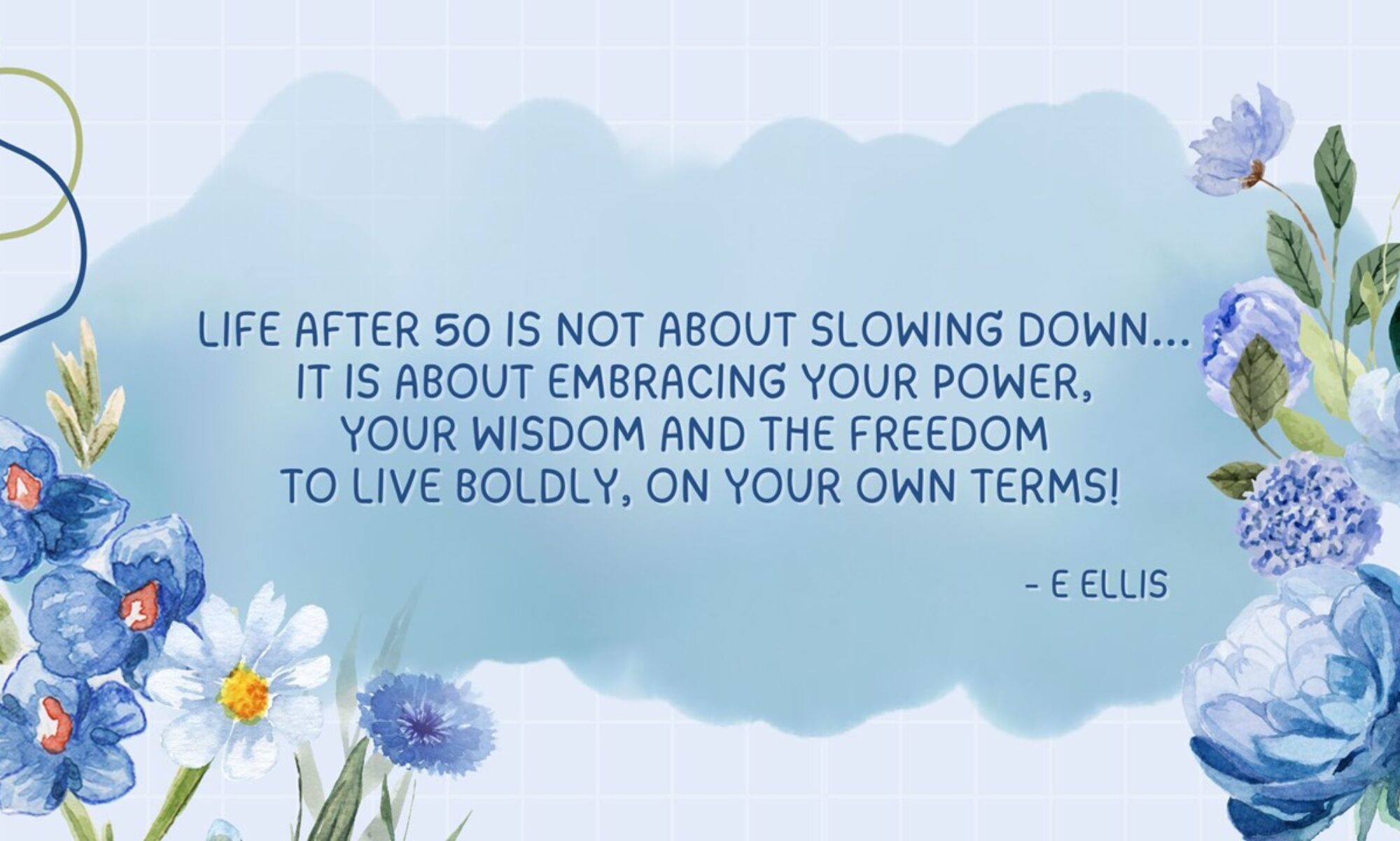
A lot of women I speak to these days have the same burning question. They all want to know: “How do I get them to do what I want?”
If you ever had a partner, you will certainly agree that most of us had developed (and used without much success) a few tricks to “squeeze” the relationship along. We hoped that it would make the relationship go more “our way” and less “no way!”. But alas! It did not work.
We soon found out that coercion will not do the trick. The “If you do not do what I want, then I will not like you anymore” always was, and still is very childish but sometimes we hoped it will work. We hoped our sandbox trick will still be effective.
Manipulation did not work either. They stopped falling for “You actually really do want what I want, so I am going to trick you into it”. They did not fall for our tricks.
We reverted to “If you do this for me, I will do that for you….”. Bartering did not pay off.
We started getting anxious – nothing is working…. We tried to persuade, to reason. “This is why doing this is good for you… and you know I am right about this.” They did not take the bait.
At long last, we decided to negotiate and compromise but we know that this is a no-win situation for both of us.
And I am talking about “we” because we have all done this somewhere in our lives. We all have experienced this relationship conflict.
When there is conflict, one of two things happens: We either become aggressive or we shut down and turn inward. We start to feel resentful toward our partners or we start slam-dunking ourselves. When they do not listen and do not do what we want them to do, we start feeling unworthy. Worse even, we try to convince them that they will get hurt, or be rejected if they dare go after what is important to them. In whichever way we choose to respond, we are avoiding saying how we feel. Instead, we play a “pit and pedestal” game.
Saying what you want is a powerful tool to end a fight. It helps you avoid insensitive and tactless ways of relating to your partner that might put him or her on the defensive. Saying what it is you want is also a way of being vulnerable that allows your partner to know and feel for you.
When you speak about what you want in an honest, direct way, your partner is more likely to be open, responsive, and personal in return.
Here are a few ways to be more honest and direct about what you want:
When you feel an argument is not going anywhere and you may lose connection with your partner, you can simply decide to calm down. Decide not to retaliate. Say something honest and sincere such as “I care more about enjoying your company than winning this argument.” Doing this often disarms and softens the other person, and he or she, too, is more likely to meet you halfway. When the situation is diffused in this way, you can communicate from a more direct, vulnerable stance that isn’t about blame or being right.
Many people find it difficult to say what they want loud enough for others to hear. Some people even have difficulty admitting what they need. So, when you do communicate your needs and wants, it’s important to do it directly but from a place of vulnerability. Don’t use a demanding tone. Don’t play the “deservability” card. When you act like your partner “owes you” something, you start nagging and complaining, both of which only serve to push away and irritate your partner.
Don’t see yourself as a victim in a tense situation and do not revert to using “victim” language. Steer clear from “You ALWAYS…”, You NEVER…”. “I’m not important…” You SHOULD have…” Don’t punish your partner for not knowing instinctively what you want or for failing to read your mind.
Change “YOU-statements” to “I-statements”. This is called “Responsible Language”. Work hard to change
From: “You don’t spend enough time with me'”
To: “I want us to spend more time together.”
From: “You never listen to me.”
To: “I want you to take time to hear what I have to say,”
From: “You are so boring.”
To:” I want us to have more fun together.”
The rule here is to always include them in the “fun” part of what you want to do. Let them understand you want to be with them, do things with them and talk with them. Include them in the positive side of things.
It is valid to give your partner feedback when it is appropriate. But we must decide when a statement is feedback and when a statement is using the third person narrative to create guilt in the partner for something we feel is missing. “YOU…, YOU… YOU…” can easily just feel like a never-ending stream of complaints. This drives a partner away” – it does not bring them closer. It has the opposite effect from what we imagine it would. It always works better when you start the sentence with “I”: “I want to feel appreciated.” “I want us to spend time together”. “ I want you to hold me close”. This helps you understand your feelings better and help your partner to understand you. No more guessing game!
Getting your partner to do what you want them to do is not about manipulation. It is about practicing “Responsible Language”. It is also about understanding what is important to them and relating this in an effective way to what is important to you. It has to do with the hierarchy of their values and how they communicate love.
Be on the lookout for more about Values and Love languages, HERE! SOON!
